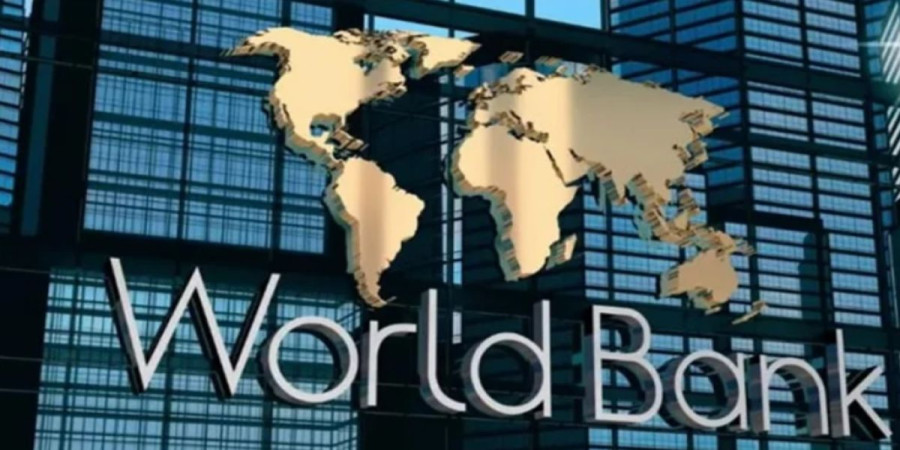
ছবি: Photo: Collected
The World Bank’s Board of Executive Directors has approved $1.16 billion for three projects aimed at improving health services, expanding water and sanitation access, and promoting greener and more climate-resilient development in Bangladesh.
Abdoulaye Seck, the World Bank’s Country Director for Bangladesh and Bhutan, emphasized the significance of the funding, stating that Bangladesh is among the most vulnerable countries to climate change and faces considerable challenges in combating pollution. He noted that enhancing climate resilience and addressing pollution across all sectors is now a critical development priority.
“This new financing will bring essential benefits like improved health, water, and sanitation services for the people of Bangladesh, laying the foundation for cleaner, climate-resilient, and sustainable development,” Seck added.
According to a press release from the World Bank on Friday, $500 million has been allocated under the Second Bangladesh Green Resilient Development Credit (GRDC), supporting the country’s transition toward a greener and more climate-resilient future.
This financing will back policy reforms aimed at enhancing planning, funding, and implementation of green and climate-resilient initiatives at both local and national levels. It will also encourage clean and resource-efficient production and services in critical sectors. To meet the prerequisites for this financing, the Planning Commission has adopted guidelines for a long-term public investment program aligned with the medium-term budget framework.
The funding will further support initiatives to reduce air pollution, enforce environmental regulations, expand access to carbon markets, and promote sustainable water and sanitation services. It will also enhance capacity for implementing the Bangladesh Delta Plan 2100 and align environmental policies with climate-resilient and sustainable objectives.
To implement the Delta Plan, the Planning Division has adopted the Delta Appraisal Framework. The financing incorporates environmental and social considerations and will support sustainable public procurement. It also aims to improve energy efficiency in buildings and equipment and promote environmentally friendly practices in the construction sector.
A separate $379 million will support health, nutrition, and population development programs in the Sylhet and Chattogram divisions. This project aims to strengthen climate-resilient health systems and improve the quality of health and nutrition services for approximately 5.1 million people. The program will focus on reducing maternal and neonatal mortality by increasing the number of normal and cesarean deliveries conducted in government hospitals.
The initiative will prioritize services for women in vulnerable districts, particularly those at high risk of climate impacts. It will also strengthen healthcare systems for diagnosing and treating conditions like hypertension and other non-communicable diseases. In addition to the World Bank funding, the Global Financing Facility for Women, Children, and Adolescents (GFF) is providing a $25 million grant to enhance child nutrition, adolescent health, maternal and newborn services, data utilization, and coordination.
Another $280 million has been allocated to the Chattogram Water Supply Improvement Project. This project aims to provide safe water to over one million people in Chattogram through new and rehabilitated pipelines. Approximately 200,000 households will receive new water connections, and improved sanitation services will be extended to nearly 100,000 low-income individuals.
The project is part of the World Bank’s South Asia Regional Initiative, which seeks to provide water, sanitation, and hygiene (WASH) services to nearly 100 million people in the region by 2035. It will enhance operational efficiency and financial sustainability for Chattogram Water Supply and Sewerage Authority (CWASA) while addressing issues such as water leakage, metering errors, and illegal connections.
The initiative includes installing new water meters and establishing 46 smart District Metered Areas (DMAs) to ensure reliable water supply, detect leaks, and enable real-time monitoring of water usage. It will strengthen CWASA’s capacity to develop tariff roadmaps and long-term infrastructure plans while improving disaster preparedness, resource management, data systems, and communication strategies.
Since Bangladesh’s independence, the World Bank has been one of the country’s key development partners, providing over $45 billion in grants, interest-free loans, and concessional financing through the International Development Association (IDA). In recent years, Bangladesh has become one of the largest recipients of the World Bank’s interest-free loans.
repoter






